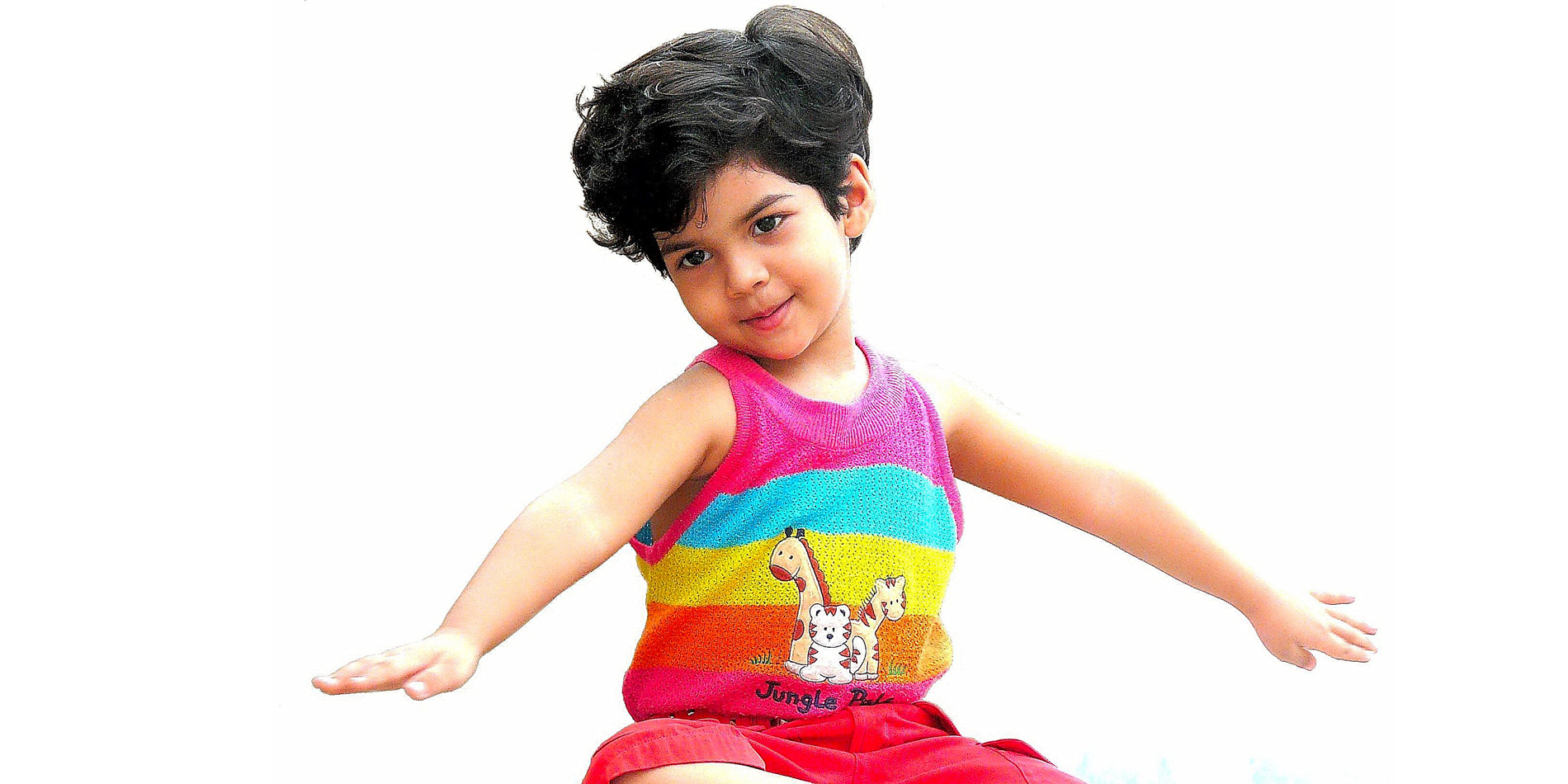You know something special is happening in our field when so many great topics converge in one space– we were so excited to read these articles over the last couple weeks.
- Even if it’s REALLY engaging and interesting and neat, it looks like young kids under 30 months old don’t learn from screens.
- Bilingual story time at a local zoo, using Vroom, is a huge hit.
- Back-and-forth conversations with babies and children, even before they can speak or react, literally builds their brains.
- Full-day pre-K beats half-day, a first-of-its-kind study shows.
- Great set of policy tools in this kit from Bipartisan Policy Center Action— the numbers are always helpful, but laying out actual messaging, meeting formats and ideas for collaboration is super helpful!
- Sesame Street launched 50 years ago! We are so grateful on every front for the pioneering lessons of this incredible show– including making researchers and educators a huge part of their process and success. (Plus two of our favorite researchers, Roberta Michnick Golinkoff & Kathy Hirsh-Pasek, are standing next to Big Bird in the pic!)
- Using yoga and meditation as serve-and-return tools to build executive function — LOVE this.
From our own work, in case you missed it!
- David Brooks is on a mission to find the everyday heroes to connect and heal our world through his “social fabric” project, Weave. Mark Swartz caught up with him to uncover his theory of #CommunityCultivators.
- ““The inherent devaluation of women’s health is embedded in our system.” – Dr. Joia Adele Crear-Perry, founder of Birth Equity Project and Black Mamas Matter, on the connection and importance of maternal and infant health.
- Who wants to be a professional toy waver at I-Labs? Sorry, that position is taken.
- Pregnant people and those who’ve just given birth experience loads of stress (as if we need to tell you!), which affects their own and their children’s overall health. The Mothers and Babies program at Northwestern University Feinberg School of Medicine is pioneering brilliant evidence-based support.
- When kids synchronize their movements, they build brain capacity for cooperation! Dr. Marley Jarvis and her UW Institute for Learning and Brain Sciences (I-LABS) team explain the science behind their American Psychological Association award-winning video.
And finally, a dose of #brainbuilding cuteness via Dan Wuori at The Hunt Institute:
https://twitter.com/DanWuori/status/1183012191135506432



